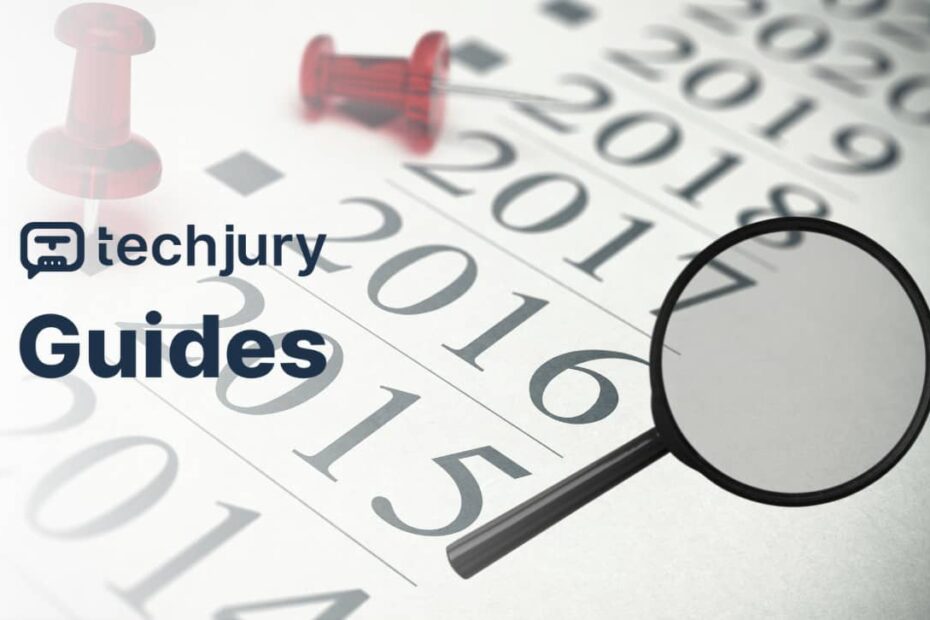Understanding the Landscape of Personal and Professional Screening
When you hear the term "background check," what comes to mind? For most professionals, it represents a critical gateway—a complex intersection of legal compliance, technological innovation, and personal privacy. In today‘s hyperconnected world, background checks have evolved from simple record-keeping exercises to sophisticated, multi-layered verification mechanisms that shape careers, protect organizations, and maintain professional integrity.
The Historical Context of Background Verification
Background checks didn‘t emerge overnight. Their roots trace back to early 20th-century employment practices, where employers relied primarily on personal references and local community knowledge. The industrial revolution and subsequent workplace transformations demanded more systematic approaches to understanding an individual‘s professional history.
The Fair Credit Reporting Act (FCRA) of 1970 marked a watershed moment, establishing federal guidelines that would fundamentally reshape how personal information could be collected, reported, and utilized. This legislation wasn‘t just a legal document—it was a social contract defining the boundaries between organizational needs and individual privacy.
The Technological Revolution in Screening
From Manual Records to Artificial Intelligence
Imagine the transformation: What once required weeks of manual research can now be accomplished in minutes through advanced technological platforms. Machine learning algorithms, artificial intelligence, and blockchain technologies have revolutionized background screening, making verification processes more accurate, efficient, and comprehensive.
Modern screening technologies don‘t just collect data—they interpret complex patterns, cross-reference multiple databases, and provide nuanced risk assessments. An AI-powered system can now detect subtle inconsistencies that human reviewers might miss, creating a more robust verification ecosystem.
The Rise of Predictive Screening
Predictive screening represents the cutting edge of background check technologies. By analyzing historical data patterns, these systems can:
- Assess potential workplace risks
- Predict candidate reliability
- Generate dynamic risk profiles
- Continuously learn and adapt
Federal and State-Level Considerations
The legal framework surrounding background checks is anything but straightforward. While the Fair Credit Reporting Act provides a federal baseline, individual states have developed intricate regulations that often exceed national standards.
Take California, for instance. The state‘s robust privacy laws create a more stringent environment for background screenings compared to more lenient jurisdictions. These variations mean that a background check methodology suitable in one state might be non-compliant in another.
Key Legal Limitations and Lookback Periods
Most background checks have specific temporal restrictions:
- Criminal Records: Typically limited to 7-10 years
- Bankruptcy Information: Maximum 10-year reporting window
- Civil Judgments: Generally restricted to 7-year periods
- Credit History: Similar 7-year reporting constraints
However, these aren‘t universal rules. Certain high-security positions or specific industries might have extended or even unlimited verification requirements.
Global Perspectives on Background Screening
Regional Variations and Cultural Nuances
Background check practices vary dramatically across global markets. What‘s considered standard in the United States might be viewed as invasive in European countries with stronger personal privacy protections.
In the European Union, General Data Protection Regulation (GDPR) creates additional layers of complexity. Companies must navigate strict consent requirements and demonstrate clear, legitimate reasons for collecting personal information.
Asian markets present another fascinating landscape. Countries like Japan emphasize personal recommendations and institutional trust, while emerging tech hubs like Singapore leverage advanced technological screening methods.
Emerging Technologies and Future Trends
The Next Frontier of Verification
Blockchain technology promises to revolutionize background checks by creating immutable, transparent verification records. Imagine a world where professional credentials are securely stored and instantly verifiable, eliminating fraudulent claims and streamlining hiring processes.
Artificial intelligence will continue to play a transformative role. Machine learning models are becoming increasingly sophisticated at detecting subtle patterns, predicting potential workplace risks, and providing more nuanced candidate assessments.
Ethical Considerations and Privacy Protection
Balancing Organizational Needs with Individual Rights
As screening technologies become more powerful, ethical considerations become paramount. How do we balance organizational security needs with individual privacy rights? This isn‘t just a technological challenge—it‘s a profound social and philosophical question.
Responsible background check practices must prioritize:
- Transparent data collection methods
- Clear consent mechanisms
- Minimal necessary information principles
- Robust data protection protocols
Practical Guidance for Professionals
Whether you‘re a job seeker or an employer, understanding background check dynamics is crucial. For candidates, this means:
- Maintaining accurate personal records
- Understanding your rights under FCRA
- Proactively addressing potential discrepancies
- Being transparent about your professional history
For employers, best practices involve:
- Developing consistent screening protocols
- Staying updated on legal requirements
- Investing in advanced verification technologies
- Maintaining a fair, non-discriminatory approach
Market Insights and Future Projections
The Background Check Industry at a Glance
Current market analysis reveals fascinating trends:
- Global Background Check Market Size: Estimated [4.5 billion USD by 2025]
- Annual Growth Rate: Approximately 5.7%
- Key Technological Drivers: AI, Machine Learning, Blockchain Verification
Conclusion: The Continuous Evolution of Professional Trust
Background checks represent more than a bureaucratic process—they‘re a dynamic ecosystem reflecting our collective approach to professional trust. As technologies advance and societal norms shift, verification mechanisms will continue to transform.
The future of background screening isn‘t about creating barriers but about building transparent, fair, and efficient systems that protect both organizational interests and individual dignity.
Final Reflections
In this complex landscape, adaptability is key. Whether you‘re a technology professional, HR manager, or job seeker, staying informed and embracing technological innovations will be your greatest asset.
Remember: Background checks aren‘t about limitation—they‘re about creating trusted professional environments where talent can truly flourish.
